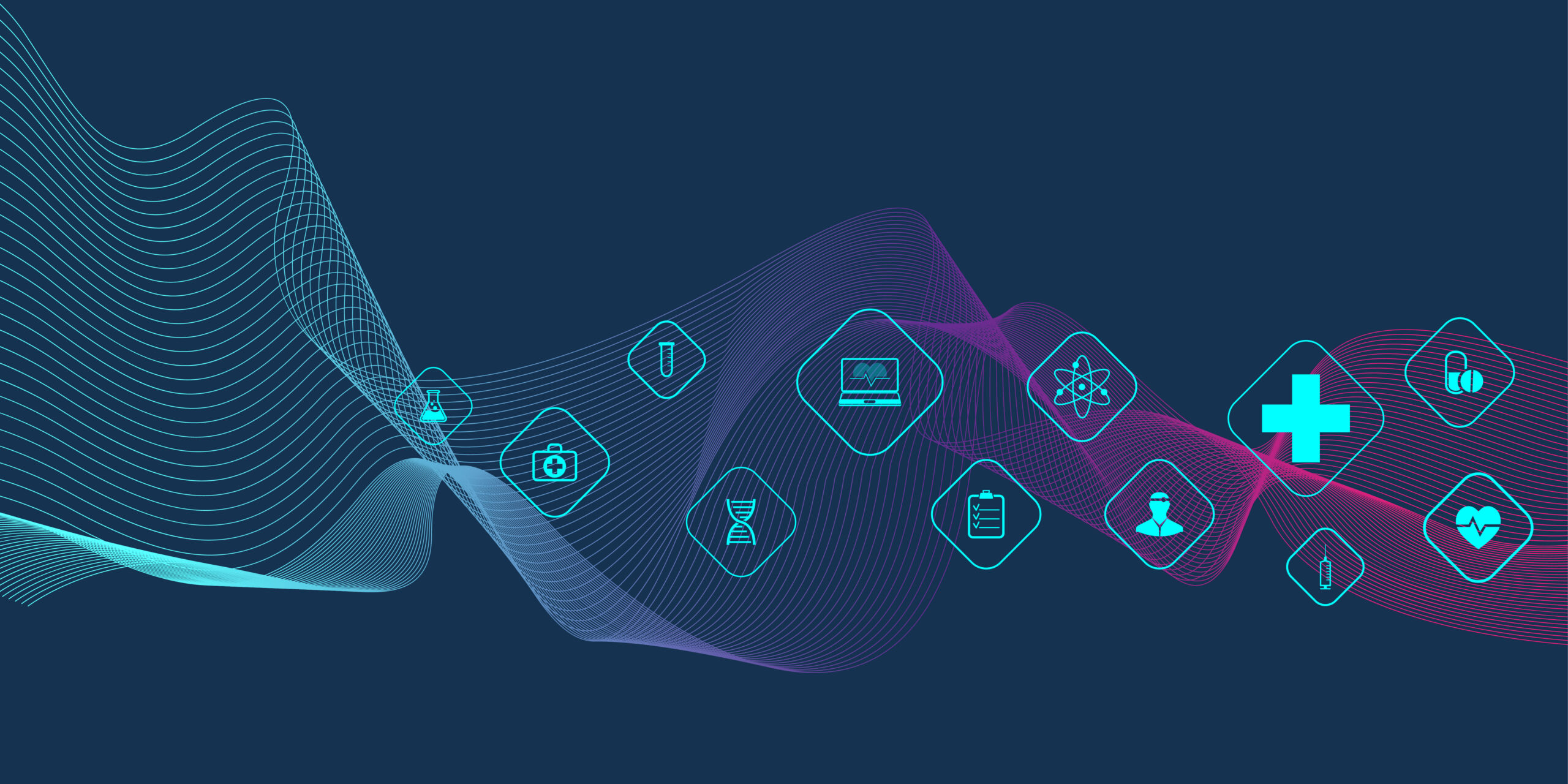Our Expert
HL7 FHIR Standards
Products
About Us
Discover how we can help your organization thrive.
FHIRGo is a leading healthcare Digital technology transformation company specializing in HL7 Fast Healthcare Interoperability Resources.
We are a leading healthcare industry SME and modernized several applications according to HL7 industry standards. You can rely on FHIRGo for all your healthcare-related IT services.
We started our journey by leveraging our healthcare industry experience and solving complex healthcare data and visibility issues. As we gained experience over several years, we blended the solutions with the latest emerging technologies like Python, Apache Spark, Snowflake, Hadoop, Databricks, Apigee, Node JS, and many more.

Services
The core services we provide
FHIR Analytics
Utility to allow to convert FHIR data into your existing data lake to make data analytics simple.
Data Migration Services
Mapping proprietary data structures to the FHIR data model and building the mapping engine
Integrating FHIR frameworks using FHIRGo utilities
Manage Services
System Configuration and Integration utilities. Ongoing Operation and Support. Robust Security, Auto Scaling and Disaster Recovery
Technical Consulting
Top Class SME to to develop your own health data platform, the FHIR experts
Clinical Data integration(CDS Hooks)
Our expert team will optimizing your entire revenue cycle, we will off-load you from your most time-consuming tasks and ensure that your medical practice is running at maximum efficiency and profitability.
Our team will also ensure that you receive daily, weekly, and monthly reports on the status of your claims.
FHIR Health Exchange
Charge entry into a provide management system or software is the first step of the revenue cycle and often most underestimated as well.
Its critical importance to patients, providers, payors, and all other stakeholders in the healthcare industry, it’s essential to optimize the charge entry process and We provide 99% accurate result.
Resources
List of our features resources
I am very pleased working with FHIRGo. FHIRGo team extremely efficient and knowledgeable in HL7 FHIR Standards. Thank you soo much for being so efficient and making my life easier!!

This is an organization with a lot of experience in Medical billing and credentialing. Their responsiveness and attention to detail are impressive. They provide accurate results minimum time Highly recommended.







